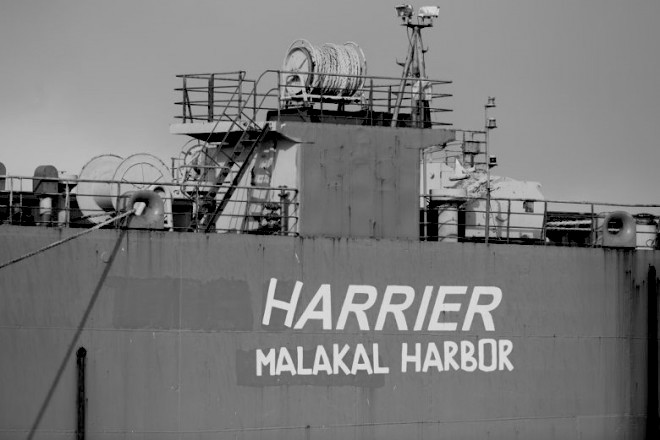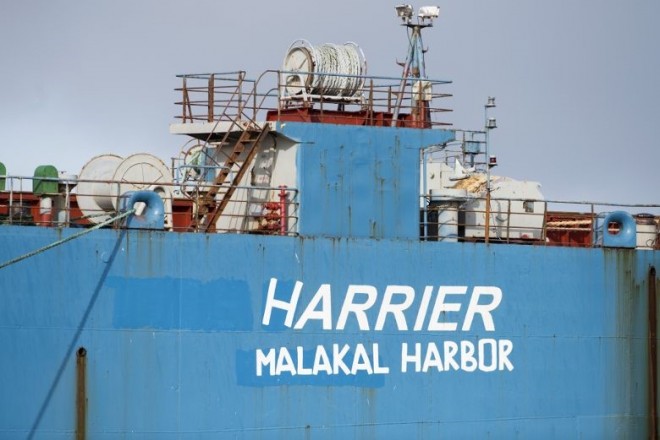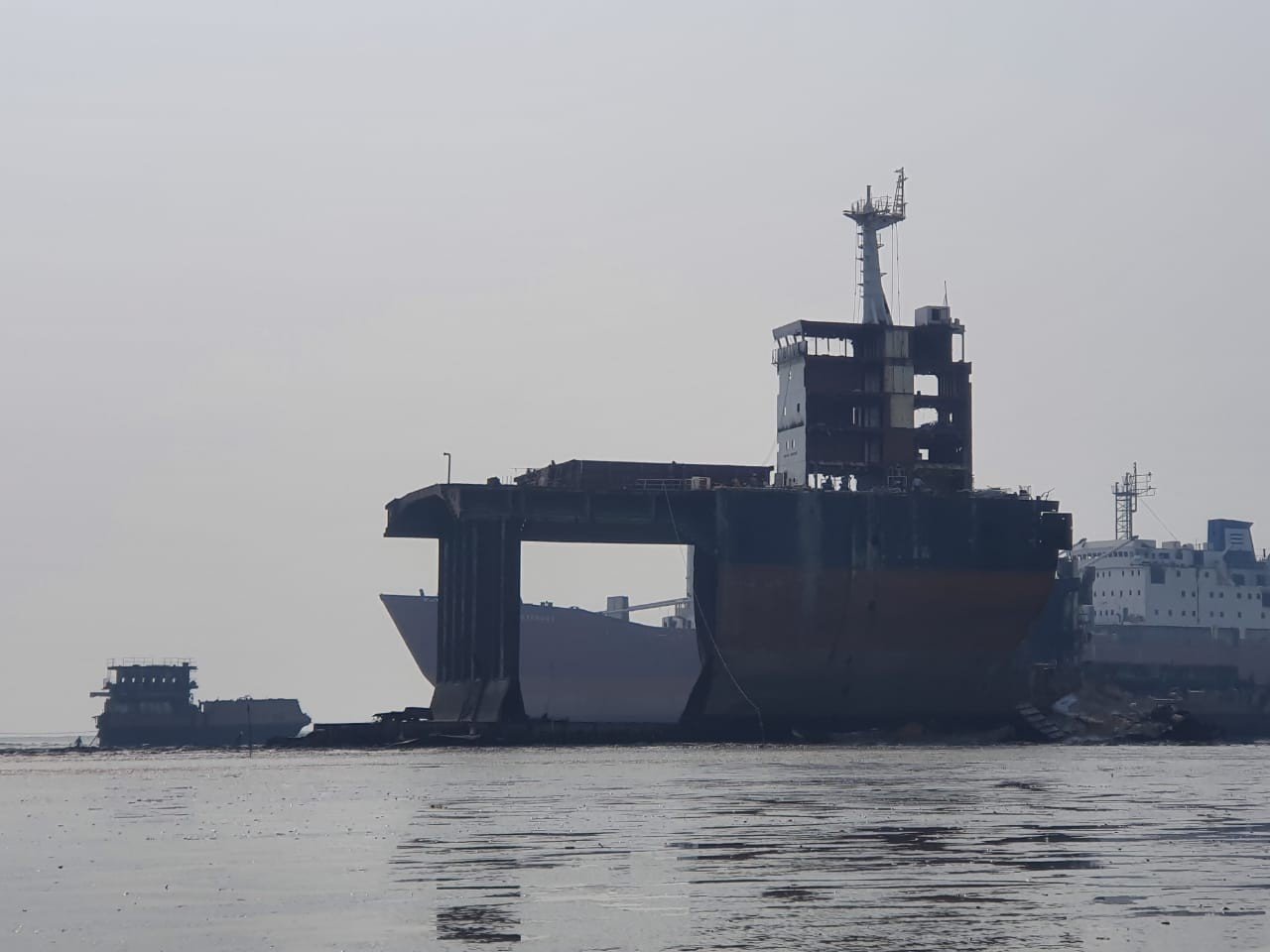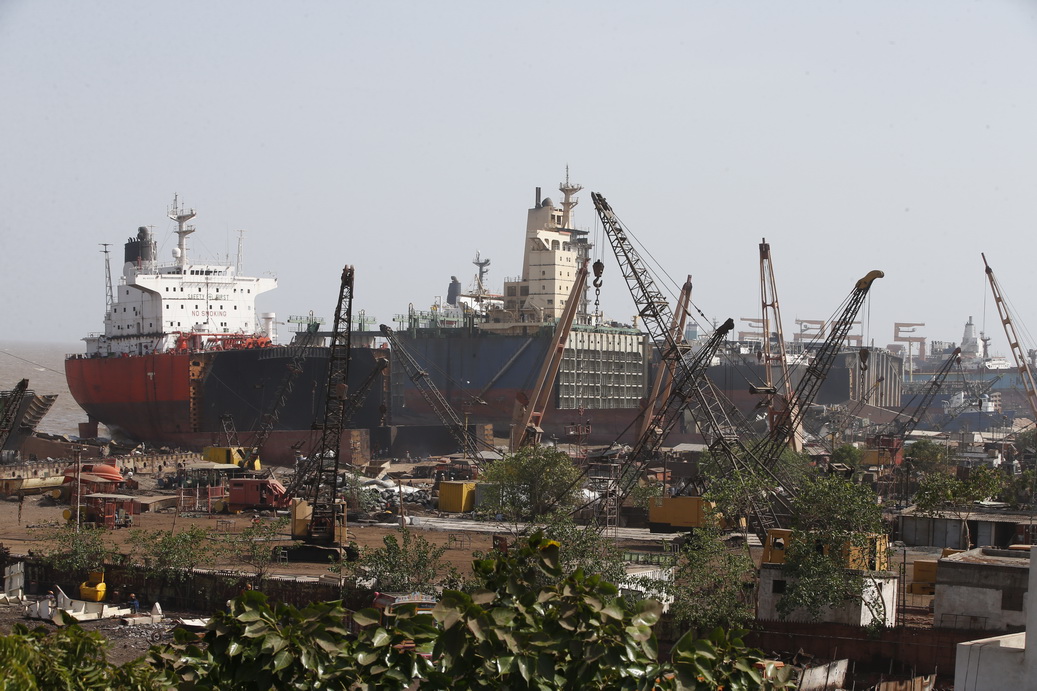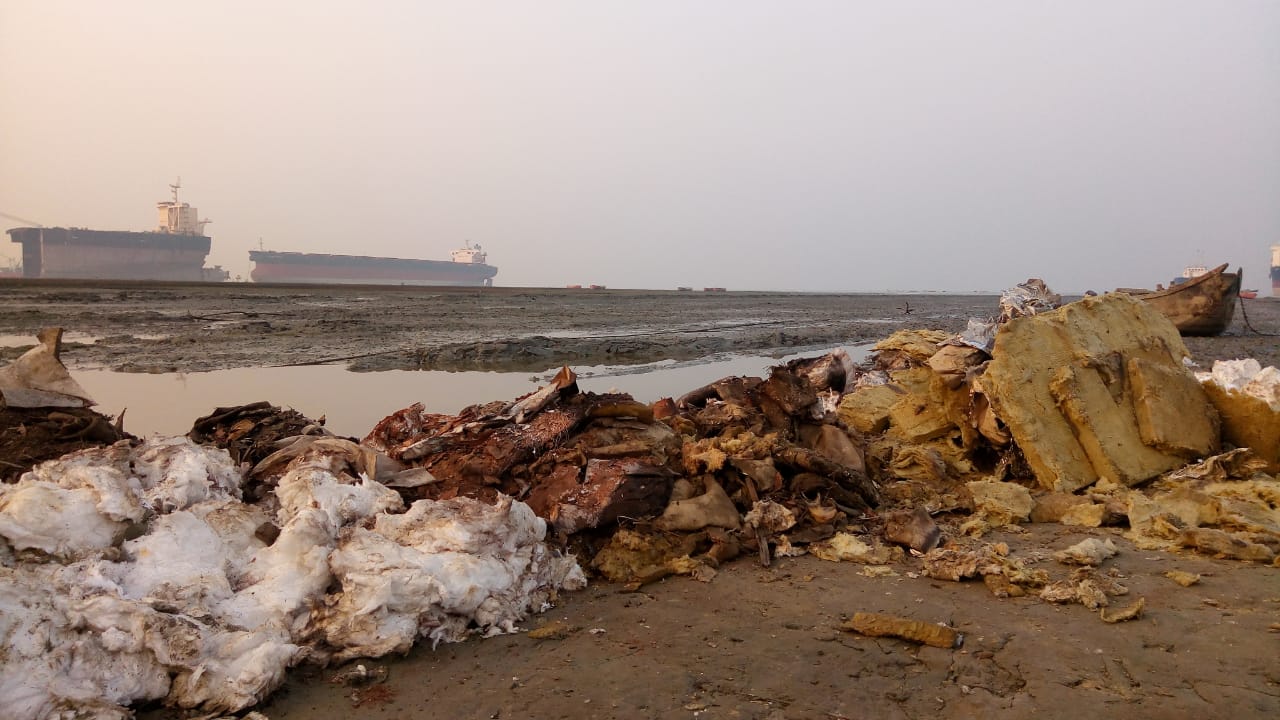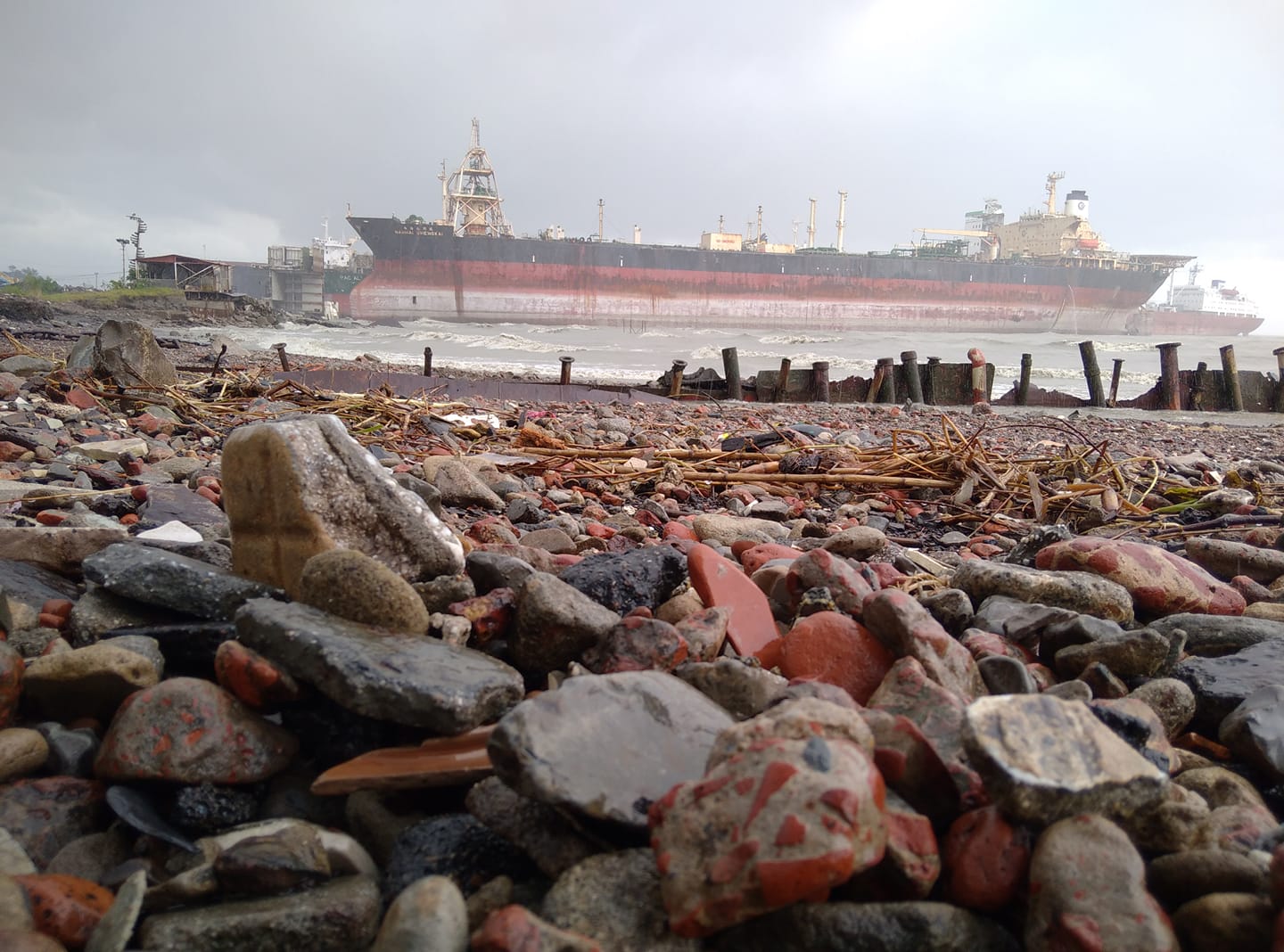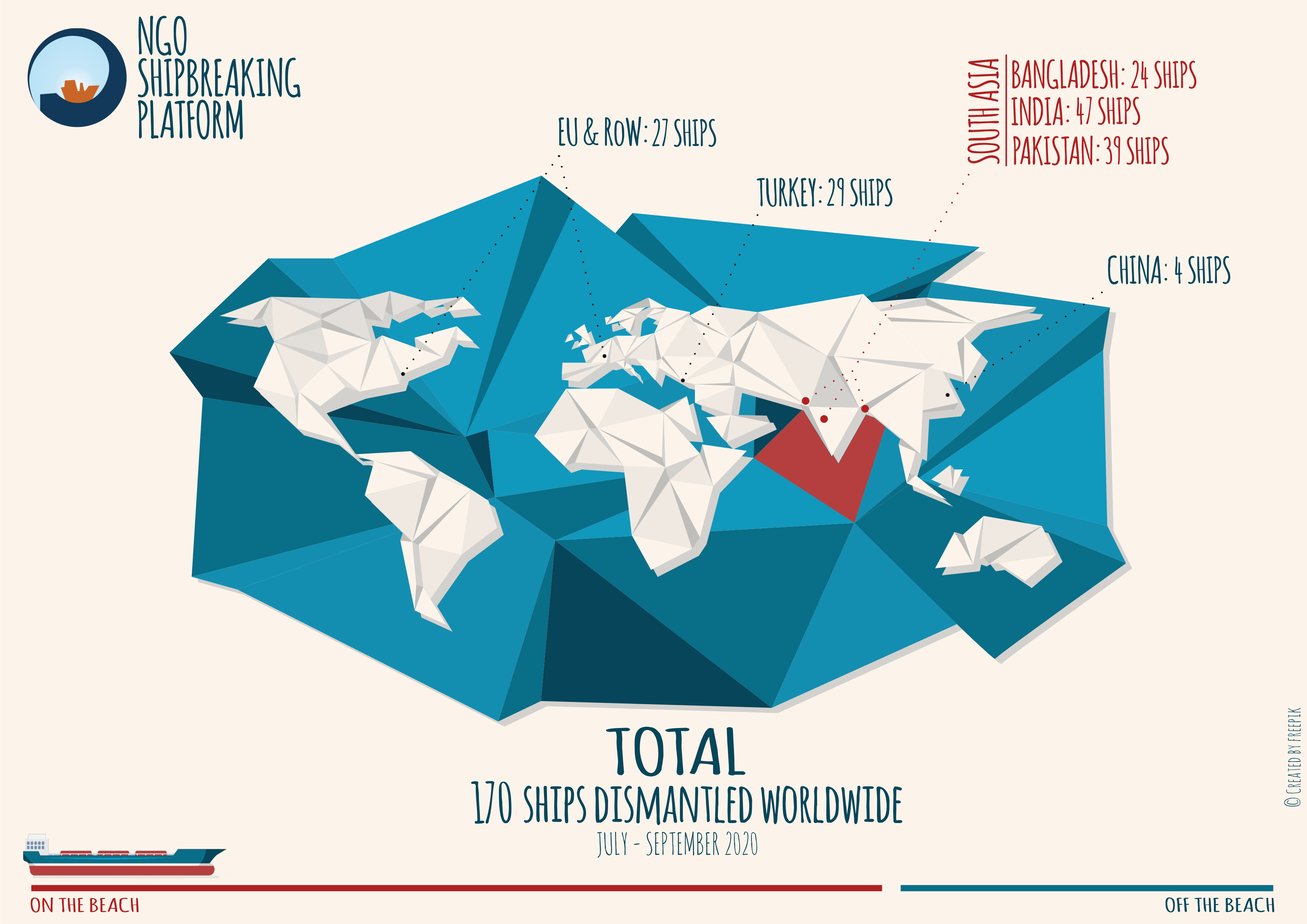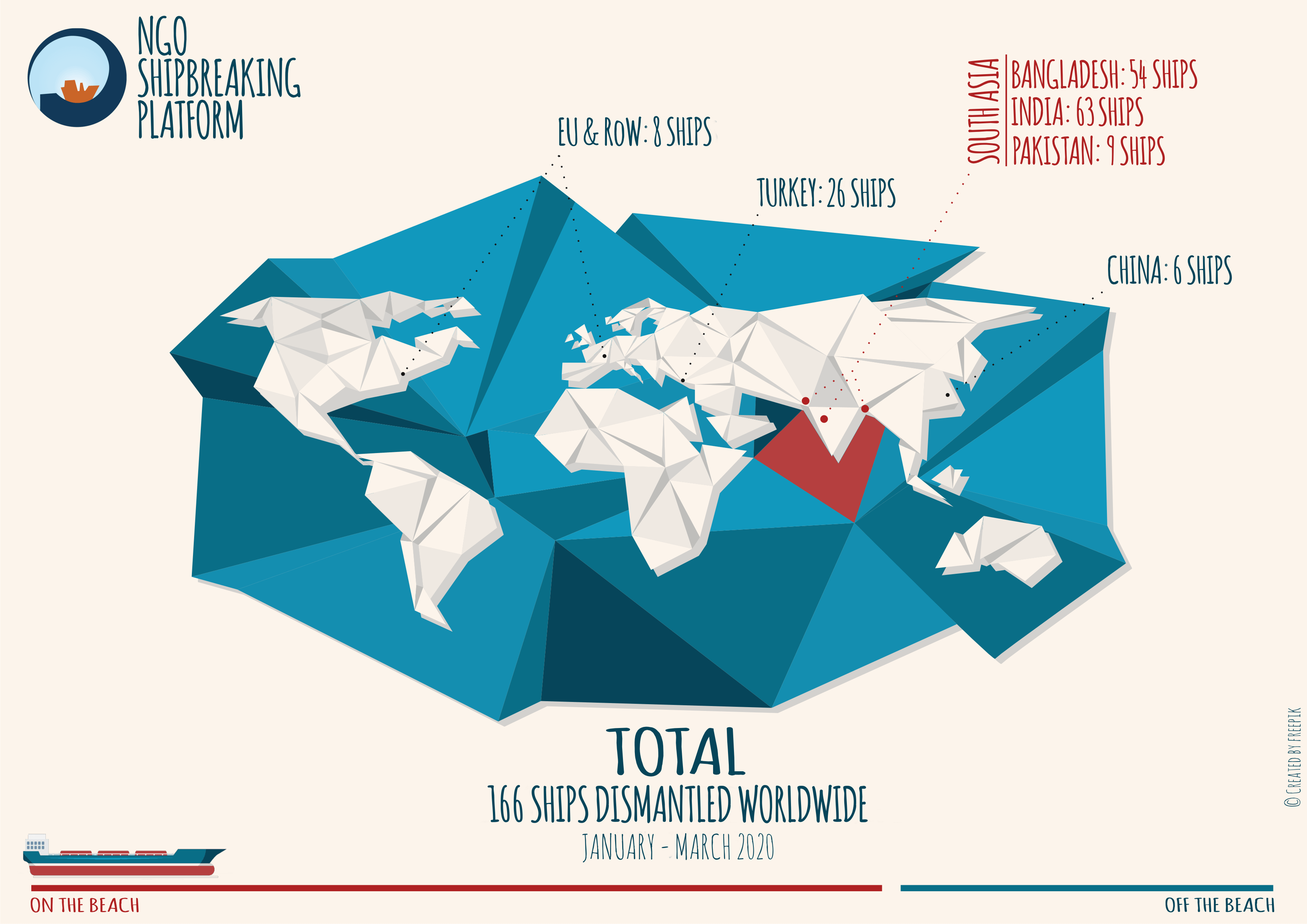Due diligence in supply chain needed to curb environmental crime
In March, the Norwegian Court of Appeal convicted ship owner Georg Eide of complicity in an attempt to export the end-of-life vessel HARRIER (a.k.a. EIDE CARRIER and TIDE CARRIER) for scrapping in Pakistan, and fixed the sentence, as the District Court did on the first instance, to six months imprisonment. Eide’s second attempt to appeal was subsequently rejected by the Norwegian Supreme Court in June, therefore confirming the prison sentence.
The judgment, now available in English, clearly states that whether a ship owner sells a ship directly to a scrap yard on the beach in South Asia or uses an intermediary scrap dealer (a.k.a. cash buyer) to conduct the sale will not affect what degree the act merits punishment.
The judgement also provides shocking insights into the role played by all parties involved in the sale and transport of the end-of-life vessel. At all steps along the way, the companies involved were knowledgeable about the intent to scrap the ship. They were also fully aware that it was illegal to scrap the vessel in South Asia, and assisted cash buyer Wirana in setting up a fraudulent tale of repair works in Dubai.
In 2015, after having been laid up for almost ten years, it was clear that the EIDE CARRIER did not have a bright future as an operational ship. Eide Group, the owner, was facing financial difficulties, and their bank, Nordea, incited Eide to sell unprofitable assets. Eide shared possible options with the bank, including the sale of the ship for scrapping.
Shipbroking company Fearnley was hired to find a solution and introduced Eide to scrap dealer Wirana. Shortly after, in the summer of 2015, the vessel was sold to the scrap dealer for USD 5 mill. An e-mail from Wirana to Fearnley in June 2015 stated: “… Also, in view of the green activists etc., vessel NEVER to be declared as going for scrap from its current place.” Both Wirana and Fearnley were thus aware that the export from Norway to South Asia for scrapping was illegal.
At the same time, the NGO Shipbreaking Platform received an anonymous alert and contacted Eide to inform them that any attempt to send the vessel from Norway to South Asia would be a criminal act under European and Norwegian waste laws.
The vessel stayed in Norway. However, in February 2017, the EIDE CARRIER became TIDE CARRIER, changed its flag to that of Comoros and was boarded by a crew from Nabeel Ship Management with the aim of sailing to Pakistan for breaking. A false pretext that the vessel was heading for Dubai for repair and re-employment was provided to authorities.
The TIDE CARRIER never reached Pakistan as it faced engine problems shortly after having left the Norwegian west coast. Local authorities arrested the vessel upon finding onboard a “last voyage insurance for breaking in Pakistan” issued by insurer Skuld. The vessel changed its name (again) to HARRIER and its flag to Palau.
Maritime Warranty Surveyor (MWS) Aqualis Offshore had issued two certificates to the vessel, one for Gadani, Pakistan, and one for refurbishment in Dubai. In an e-mail shared by the Court of Appeal, Aqualis stated: “A second COA [certificate of approval] will also need to be issued to Dubai (for refurbishment) and left on the vessel for Suez Canal purposes (if they hear of a scrap ship then they become difficult)”.

In July 2019, the prosecutors issued Wirana a NOK 7 million fine for having falsified papers to deceive Norwegian authorities about the ship's true destination and seaworthiness to allow the vessel to leave Norway. The cash buyer agreed to pay the fine, but without acknowledging wrongdoing. Also marine warranty surveyor Aqualis Offshore and insurance company Skuld Maritime Agency have been under investigation. The public prosecutors’ office recently dismissed the charge and withdrew the penalty charge notice issued to Aqualis Offshore for undisclosed reasons.
Several other cases of illegal exports involving the use of cash buyers are being investigated in Germany, the Netherlands and UK.

